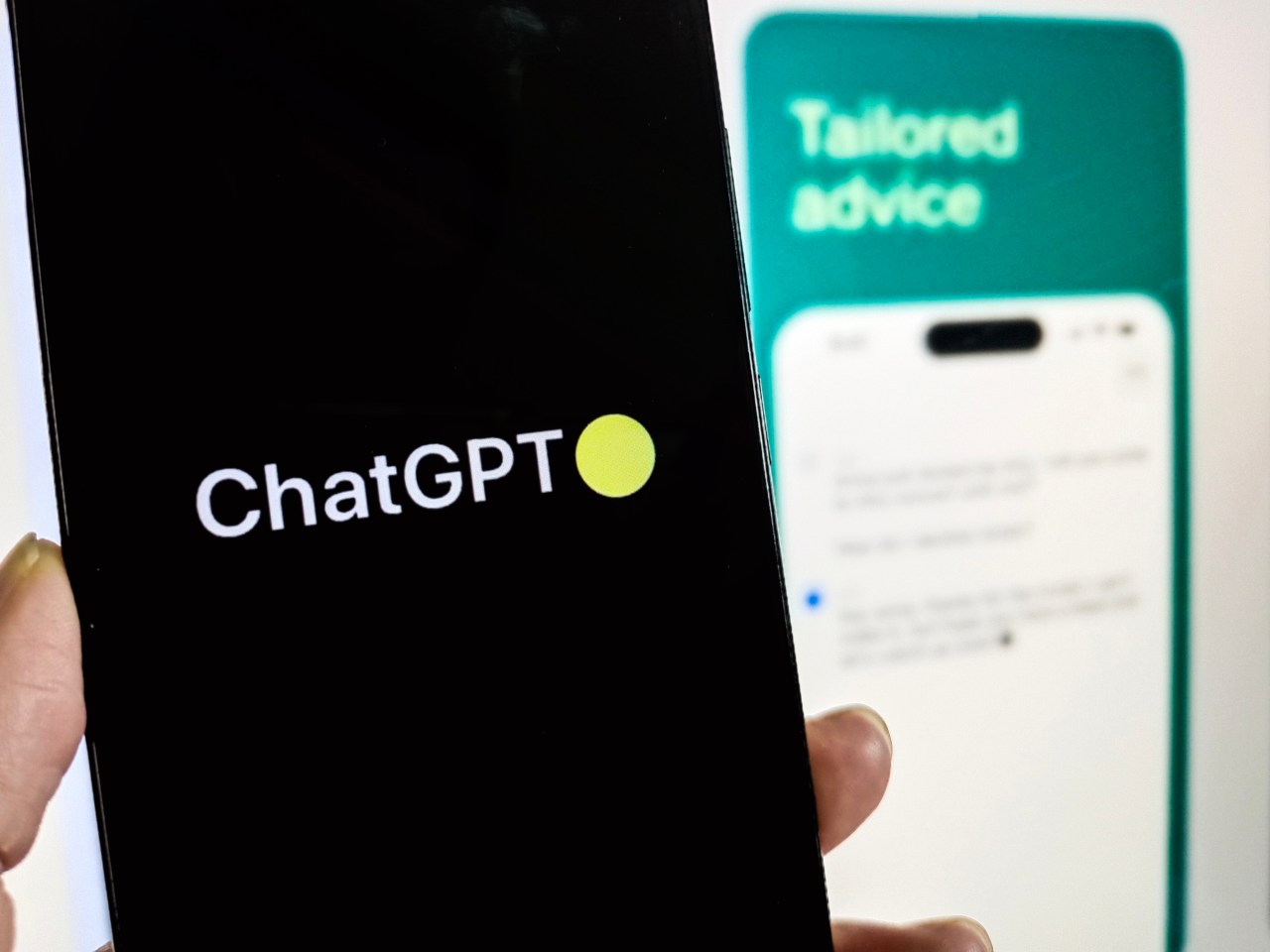As technology continues to advance, the tools that once seemed like a novelty are developing into indispensable partners in our quest for information. OpenAI has recently taken a significant leap by enabling ChatGPT to surf the web via the new Browsing feature, integrating Bing into its mobile platform. While this opens doors for more dynamic interactions, it also stirs a pot of concerns. Let’s dive deeper into this game-changing addition and examine its potential benefits and caveats.
Unveiling the Browsing Feature
OpenAI’s latest announcement regarding its ChatGPT Plus subscribers introduces the capability for the chatbot to browse the web for current events and up-to-date information. Users can activate this feature by navigating through the app settings, selecting “GPT-4” in the model switcher, and then opting for “Browse with Bing.” Available on both iOS and Android platforms, this enhancement is aimed at making ChatGPT a more effective research assistant.
The Benefits of Browsing
- Real-Time Information: Users can now obtain answers related to current events, sports results, and other topics that extend beyond the knowledge base that cuts off in 2021.
- Enhanced User Experience: With the new update, clicking on search results will lead directly to the relevant point in the conversation, streamlining the interaction process.
- More Comprehensive Responses: The ability to pull in fresh content from the web means that users can enjoy a more complete picture of their queries, especially when asking about recent developments.
Concerns Around the New Feature
However, the integration of Bing does raise some red flags. For one, restricting ChatGPT’s browsing capabilities to a single search engine could be seen as limiting. Here are some concerns:
- Potential Misinformation: Studies have highlighted instances where Bing’s top search results were riddled with inaccuracies. Users may find it challenging to discern credible information, leading to potential misinterpretation of data.
- Dependency on One Source: The partnership between OpenAI and Microsoft is evident, but the apparent user-unfriendliness of having only Bing as a source may limit the diversity and reliability of the information fetched by ChatGPT.
- Implications on User Trust: If Bing’s algorithms fail, ChatGPT becomes less reliable as an assistant, potentially undermining user trust in AI capabilities as a whole.
Striking the Balance
While the new browsing capability enhances ChatGPT’s functionality, it is essential for users and developers alike to be aware of its limitations. The blend of AI with real-time internet capabilities could propel us toward better research methods, but it requires a delicate touch. OpenAI faces an immense challenge in balancing the need for immediate information with the need for accuracy and diversity in sources.
Conclusion: The Path Ahead
The introduction of Browsing into the ChatGPT app embodies a forward-thinking approach in AI development. As we embrace the age of information, developers and users must collaborate to refine these tools, ensuring they become not only more effective but also reliable. Only time will tell whether the partnership with Bing will maximize the potential of ChatGPT or reveal the inherent flaws in this approach. Regardless, OpenAI has opened a new chapter in the world of AI-powered assistants.
At **[fxis.ai](https://fxis.ai)**, we believe that such advancements are crucial for the future of AI, as they enable more comprehensive and effective solutions. Our team is continually exploring new methodologies to push the envelope in artificial intelligence, ensuring that our clients benefit from the latest technological innovations.
For more insights, updates, or to collaborate on AI development projects, stay connected with **[fxis.ai](https://fxis.ai)**.

